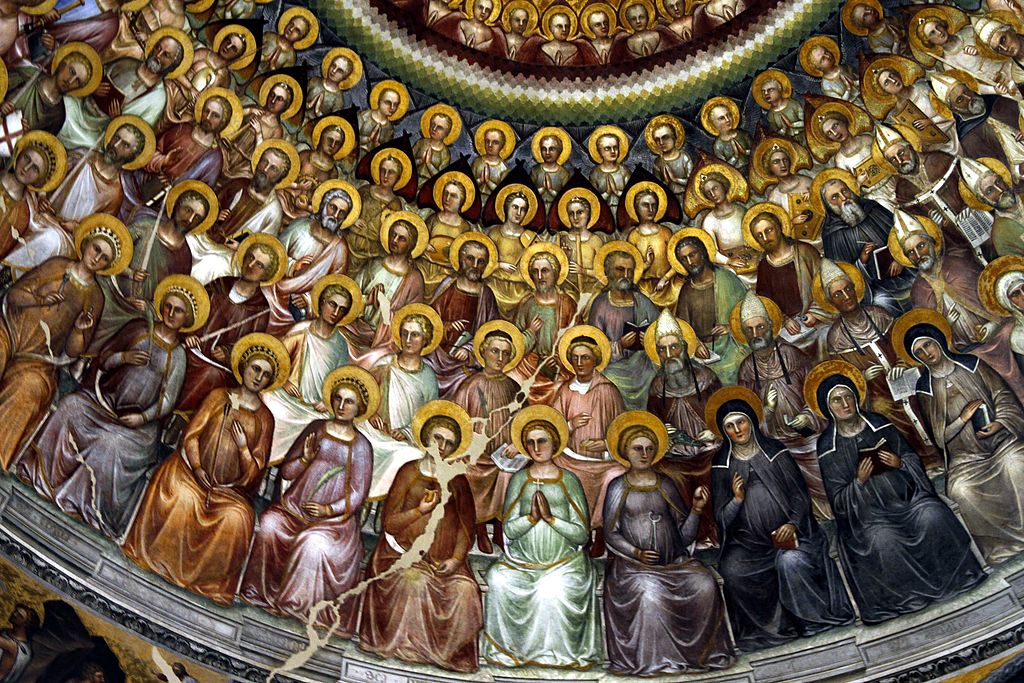Second in a series on St. Paul.
Many Catholics are skittish about reading St. Paul. It was his texts that were most invoked by Luther and Calvin during the Protestant Reformation. And anti-Catholic propaganda often draws heavily from the apostle. As author Frank Sheed said, “A man can never feel quite the same about even the nicest book if he has just been beaten round the head with it.”
Yet the Catholic Church has canonized Paul’s letters, and we celebrate his feasts. We honor him as a founder of the Church of Rome.
And he deserves the respect. Yes, he called himself “the least of the apostles” (1 Corinthians 15:9) and “the very least of all the saints” (Ephesians 3:8). Yet even these self-deprecating titles imply a special dignity and authority. The least of saints is still a saint. And the least apostle speaks with the “the Spirit of God” (1 Corinthians 7:40) and “the mind of Christ” (1 Corinthians 2:16).
He acknowledged an “authority” of which he could “boast” (2 Corinthians 10:8); for he was “not at all inferior to these superlative apostles” (2 Corinthians 12:11). His position merited him a “rightful claim” to respect (1 Corinthians 9:1-12). He held the power to “pronounce judgment” on sinners (1 Corinthians 5:3).
By grace, he bore a dignity that Christians were duty-bound to observe. They looked to him as a father: “For though you have countless guides in Christ, you do not have many fathers. For I became your father in Christ Jesus through the Gospel” (1 Corinthians 4:15). The fourth commandment obliges us to “honor” our fathers, and that means give them love, respect, obedience, and imitation.
Though he knew himself to be “the foremost of sinners” (1 Timothy 1:15), Paul knew also that he must serve as a model. “Be imitators of me,” he said, “as I am of Christ” (1 Corinthians 1:11).
His favorite term for Christians was “saints” (see Colossians 1:2-4). Yet he also distinguished between the saints on earth (Colossians 1:2) and the “saints in light” (Colossians 1:12). The Epistle to the Hebrews tells us that the latter are “a cloud of witnesses” around the former.
To the saints on earth, we give our love. To the saints in light, we give our veneration. It’s not the same honor we give God. It’s more like the respect we owe parents and grandparents. We love them so much that we frame their photos and give them a prominent place in our homes. We shouldn’t hesitate to ask our parents for prayer; nor should we hesitate to ask the saints, especially the apostles.
St. Paul told the Colossians: “We have not ceased to pray for you” (Colossians 1:9). I believe that long-ago pledge still holds true. And so we should ask his intercession, even as he begged the intercession of other Christians (see Colossians 4:3).
To venerate Paul is to glorify Christ for the grace made manifest in the life of an apostle. The apostle himself said, “It is no longer I who live, but Christ who lives in me” (Galatians 2:20).

